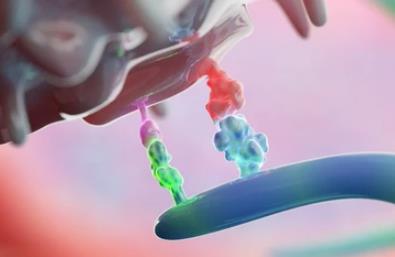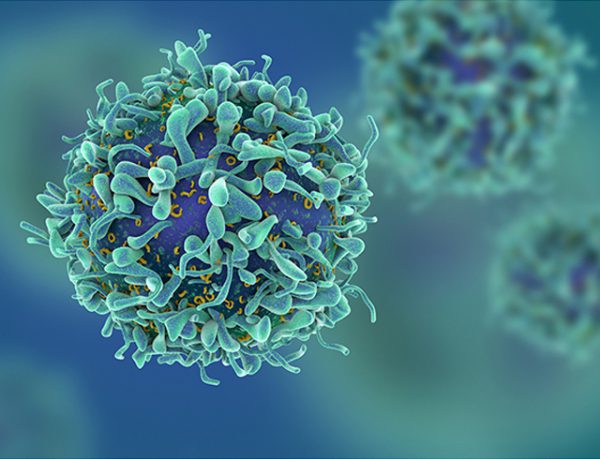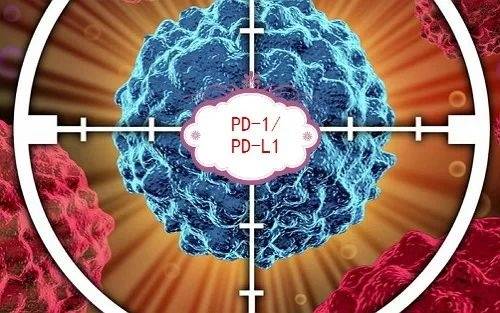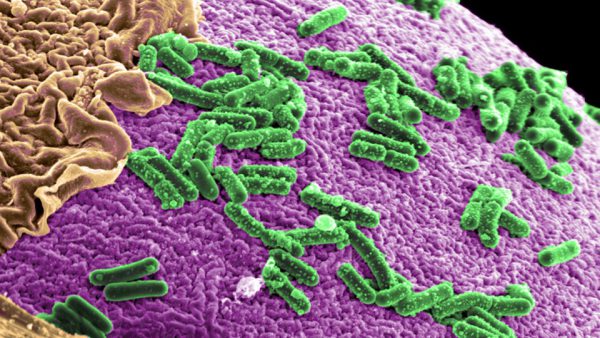Immune checkpoint inhibitors can stimulate the body’s anti-tumor immune system, but they can also have toxic effects called immune-related adverse events (irAEs). Colitis is a common and serious immune-related adverse event that can cause treatment interruption. As researchers did not observe a strong colitis response in laboratory mice treated with checkpoint inhibitors, Therefore, the understanding of the underlying mechanisms of intestinal immune-related adverse events is often hindered. Recently, an article…
Immunotherapy
The Reasons for The Therapeutic Effect of CTLA-4 Inhibitors Being Sluggish

As the “predecessors” in immune checkpoint inhibitors, the development of anti-CTLA-4 monoclonal antibodies in recent years has not been ideal. From the perspective of approved indications, their single-drug treatment uses are few and can only be paired with PD-1/L1 inhibitors. If we look at the failure cases of clinical research, it will be even more heart-wrenching. So the question is, what is blocking the anti-CTLA-4 monoclonal antibody? The research…
The combination of PD1-IL2v and anti-PD-L1 can destroy the resistance of cancer to immunotherapy
Immunotherapy is a method of treating cancer by reprogramming the immune system of patients to attack their tumors. This cutting-edge treatment has had a significant impact on the treatment of cancer patients, and there have been cases of long-term remission. However, many patients either do not respond to immunotherapy, or even if they do, the effect is temporary, which highlights how important it is for us to better understand…
JEM: Prevent Exhaustion in Immune Cells Boosts Immunotherapy

If you are an immune cell ready to fight cancer, you’d better eat some breakfast. Because the tumor microenvironment is a harsh place, and tumor cells are always ready to make you exhausted. Improvement of highly specific immune fighter in vivo: The ability of T cells to attack tumors has achieved clinically significant advances in tumor immunotherapy. However, this method is only effective in 10-30% of patients. One reason…
Interpretation of the Recent PD-1 Research Progress (Part II)

Continued 6. Nature’s New Discovery: Another Unidentified Anti-cancer Approach of PD-1 / PD-L1 Antibodies doi: 10.1038/nature22396. On May 17, Nature published an online article titled “PD-1 expression by tumor-associated macrophages inhibits phagocytosis and tumor immunity”, revealing the immune checkpoint inhibitors represented by the PD-1 / PD-L1 antibody can fight cancer in a completely different way. Dr. Irving Weissman, a professor of pathology and developmental biology at Stanford…
Interpretation of the Recent PD-1 Research Progress

PD-1 (programmed cell death protein 1), the programmed death receptor 1, is an important immunosuppressive molecule. Immunomodulation which targets PD-1 is of great importance to anti-tumor, anti-infective, anti-autoimmune diseases, and organ transplant survival. In recent years, scientists have made a number of achievements in the field of PD-1 research. We will share the relevant research here. 1.Science: Scientists confirm that intestinal microbes affect PD-1 / L1 antibody treatment for…
On the Three Revolutions of Cancer Research
So far, cancer drug development has gone through three huge revolutions; they are: cytotoxic chemotherapy drugs, “targeted therapy” and immunotherapy. Immunotherapy has not only revolutionized the effectiveness of cancer treatment and will revolutionize the concept of cancer treating. Relatively speaking, immunotherapy is the real anti-cancer revolution and the most reasonable means to solve cancer. Chemotherapy- the first revolution of anti-cancer drugs Starting from 1940, the most used anti-cancer chemotherapy…
Cell launched Four Featured Cancer Immunotherapy Reviews
Although it has been years since the idea of using immune system to fight against cancer come into being, only until recent years do scientists find some successful treatment strategies. By manipulating the immune checkpoints and T cell activation to exert anti-tumor activity, immunotherapy has been applied to a wider range of malignancies now, while it only showed therapeutic potential in several types of cancers in the very beginning. Recently…
